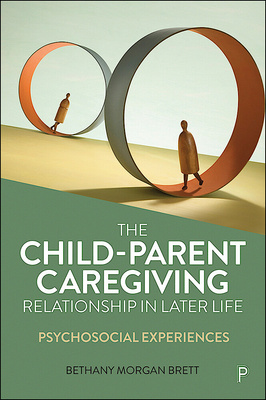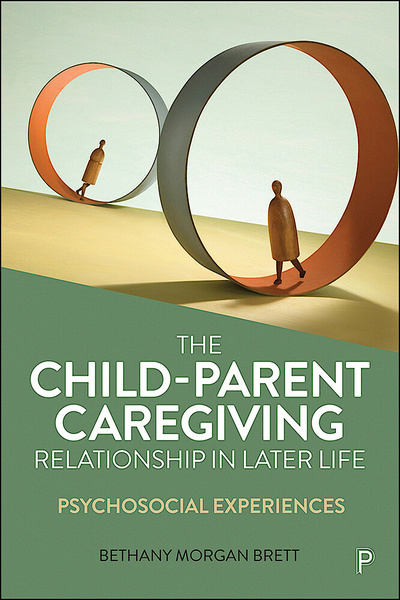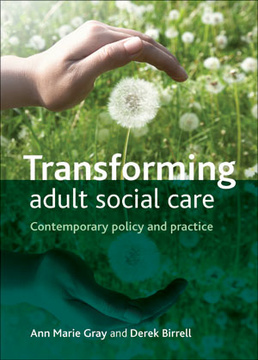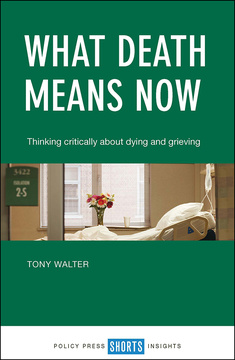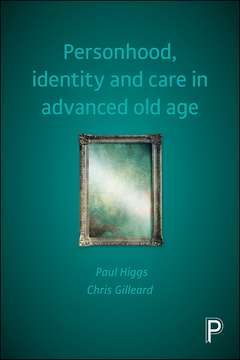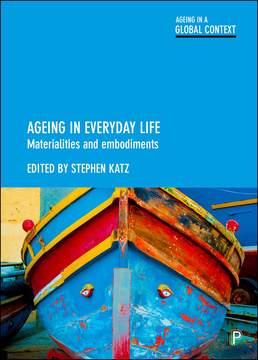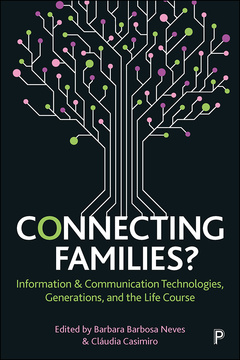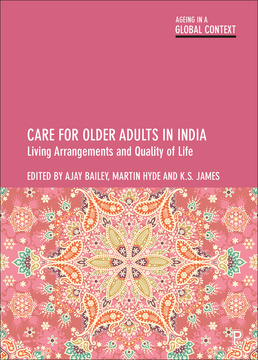The Child–Parent Caregiving Relationship in Later Life
Psychosocial Experiences
By Bethany Morgan Brett
Published
Jul 4, 2023Page count
168 pagesISBN
978-1447319696Dimensions
234 x 156 mmImprint
Policy PressPublished
Jul 4, 2023Page count
168 pagesISBN
978-1447319290Dimensions
234 x 156 mmImprint
Policy PressPublished
Jul 4, 2023Page count
168 pagesISBN
978-1447324317Imprint
Policy PressPublished
Jul 4, 2023Page count
168 pagesISBN
978-1447324317Imprint
Policy PressThis book presents a sensitive account of the challenges faced by adult children when making difficult decisions about care for and with their ageing parents in later life.
It offers new insights into the practical, emotional and physical effects that witnessing the ageing and death of parents has on those in late midlife and how these relationships are negotiated during this phase of the life course.
The author uses a psychosocial approach to understand the complexity of the experience of having a parent transition to care and the ambiguous feelings that these decisions evoke.
"This book offers an engaging nuanced view into the emotional complexities of midlife caregiving for an aging parent. With its interdisciplinary theoretical framing, the book would be valuable to academics and graduate students in gerontology, social work, and human development, adult-child caregivers considering LTC, and LTC staff to support residents and their adult-children." Journal of Applied Gerontology
“Drawing on extensive research engagement, Morgan Brett provides a poignant and insightful analysis of adult-child and parent relationships, and their complex, often conflicting emotions, throughout the trajectory of later life.” Rose Barbour, The Open University
Bethany Morgan Brett is Research Fellow at City, University of London. She has previously held lecturing positions in the Department of Psychosocial and Psychoanalytic Studies at the University of Essex and the Department of Psychosocial Studies at the University of East London.
Introduction
1. Midlife and the adult child
2. Becoming a carer
3. The transition to care
4. Materiality, clothing, and embodiment in care
5. Social connections and relationship building in residential care
6. The loss of parents in later life
Final reflections







